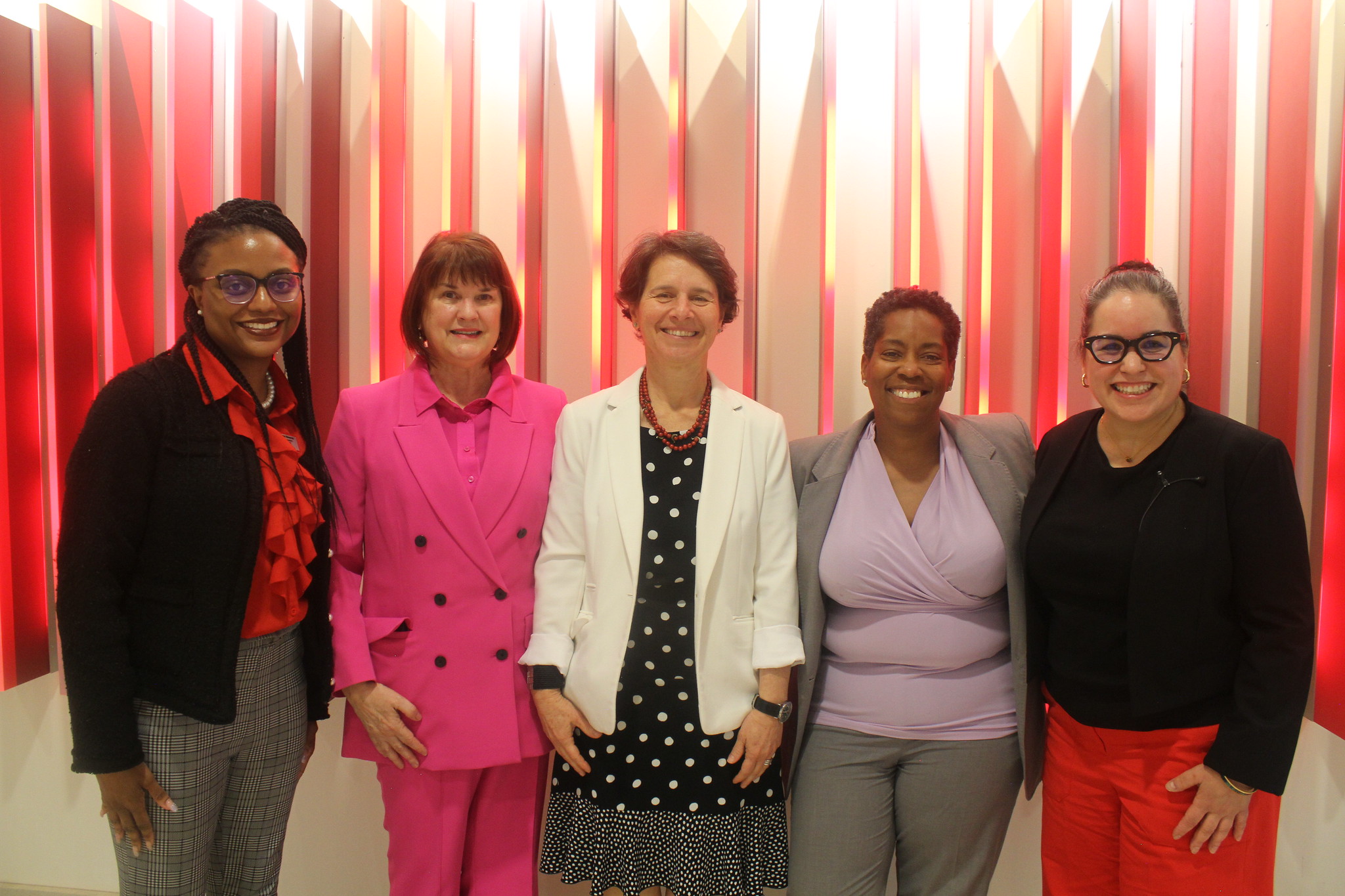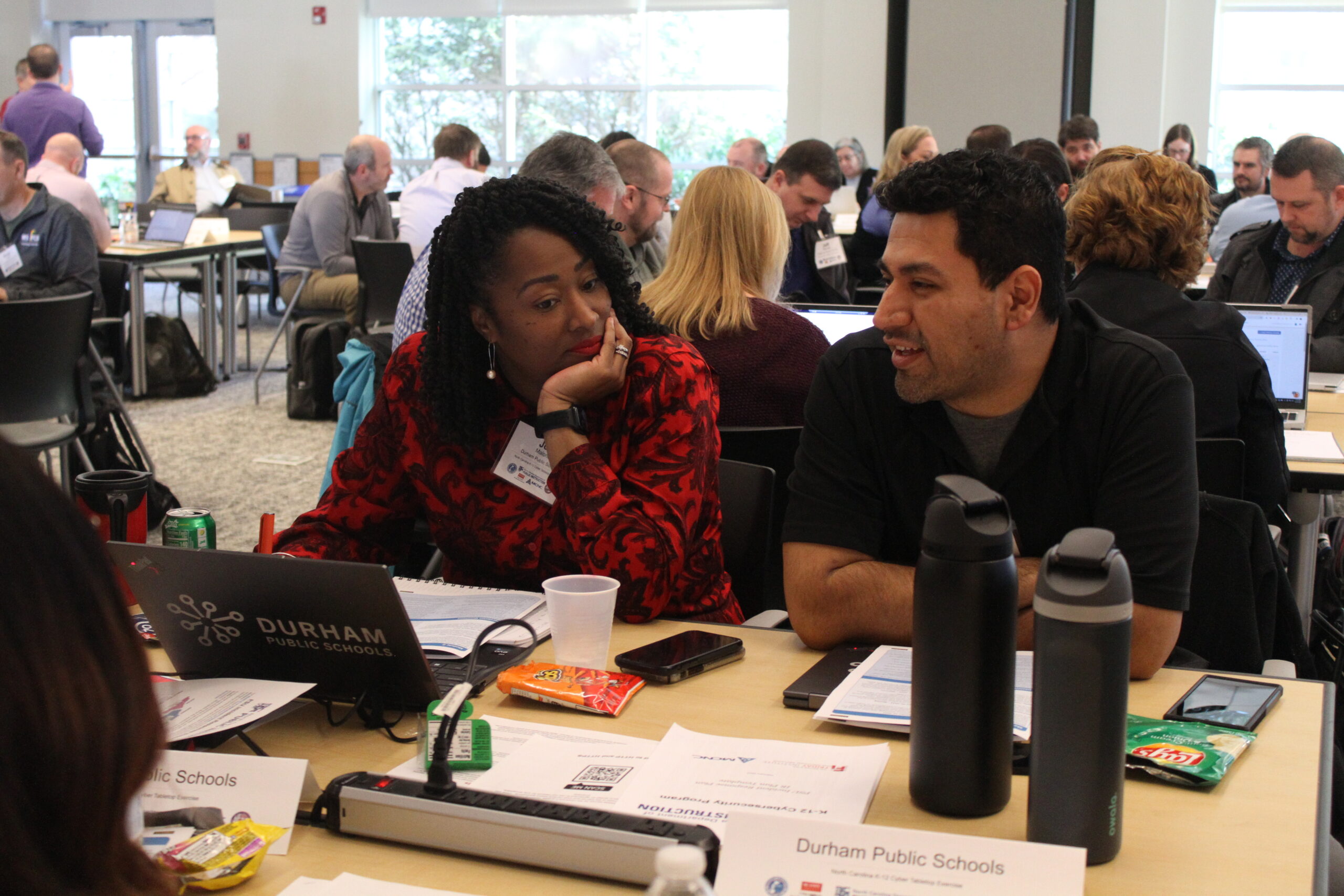Defining Your Role as an Instructional Technology Coach – The 4 R’s
 The instructional technology coach strives to engage and support digital transitions in their school and district, to empower educators to take ownership of their technology and align its use to curriculum and instruction… but, though we try, at times all we as coaches seem to do is become the help desk for tech support. Why is that?
The instructional technology coach strives to engage and support digital transitions in their school and district, to empower educators to take ownership of their technology and align its use to curriculum and instruction… but, though we try, at times all we as coaches seem to do is become the help desk for tech support. Why is that?
We know we must be available for those “tech emergencies”… those moments where we need to swoop in and save the day. Yet, we suffer the perception of our colleagues that this tech-support role is one we play on a daily basis – oh, but there is so much more! What does it take to effectively guide educators to use instructional technology to directly support and enhance student learning and content mastery? How can you share with others how your role impacts highly effective digital age learning and teaching? What strategies can be put in place to take your coaching to the next level?
Relationships
It is up to the instructional technology coach to champion the school culture necessary for successful digital transitions. They are the guide and the expert, but more importantly, coaches must be the fount of trust. Building relationships with those you work with is the key, fostered naturally as you set clear and realistic expectations while sharing your competence in technology integration, lesson design, and becoming the agent to help build capacity – not dependents. Even something as simple as keeping your office door open and posting office hours for your colleagues can promote open communication and collaboration with your colleagues. It is also important that coaches not be part of the evaluative processes – to do so would blur the lines of the open and supportive relationships you seek to create.
Consider, too, those that are in your own support group. Foster your Personal Learning Network (PLN) with educators both locally and globally to build your own capacity, and create a dedicated team to support your work on the ground. Key members of your team should include individuals from your administration, educators, students, parents and community members. Engaging these stakeholders in the development of your school/districts’ digital initiative program, as well as the implementation will not only promote buy-in, but can also be aligned to existing initiatives going on at the district and school level. Work hand in hand – this is not a boutique initiative, after all – the more people you have invested, the more successful you will be.
Relevance and Rigor
Authentic and meaningful content and coaching is going to support building those strong relationships. If professional development and resources are not aligned to 21st Century Skills and the 4Cs, targeting real world applications, student ability and standards – what value is an educator going to see in giving up their time to learn? Model, use questioning strategies, create open ended questions and consider giving educators a chance in telling you what they want to learn. Voice and choice can be a powerful combination to ensure not only that you are meeting educators where they are, but that you are challenging them to push out of their comfort zones and removing the barriers that come with preconceived notions of your role or the digital initiative at large.
Reflection
The best thing you can do as a coach is to listen. How do you capture feedback from your colleagues – and not just at the beginnings and ends of a given school year, but throughout? Survey often. Ask questions about current learning and teaching practices to have and begin crucial conversations with educators. Then, of course, put their feedback into action whether it be in the form of topics to cover in professional development, or one-on-one meetings with resources. This kind of active listening followed by deep reflection proves that you hear your colleagues and you value them: thus tying back into building those essential relationships and providing opportunities for innovation in a risk-free environment.
As coaches we know that digital initiatives transform professional learning through pedagogical shifts to meet the needs of all learners, and foster creativity and innovation. Creating this habit of mind around building strong connections, challenging your colleagues and assessing your progress regularly will define the digital culture you want to see in your school/district. And don’t forget to pull together your collaborative groups, partnerships and teams, both in your school/district and virtually through your PLN. We need to break beyond just playing the role of technology “fixer” and start showing our colleagues just how much we have to offer.▢
 More About the Coaching Digital Learning MOOC-Ed
More About the Coaching Digital Learning MOOC-Ed
This free, six week MOOC-Ed course allows participants to learn along with their colleagues on a global scale to enhance digital learning content knowledge and further develop coaching strategies. CEUs are offered along with a Certificate of Completion. For more information go to www.mooc-ed.org #CDL_MOOCEd

